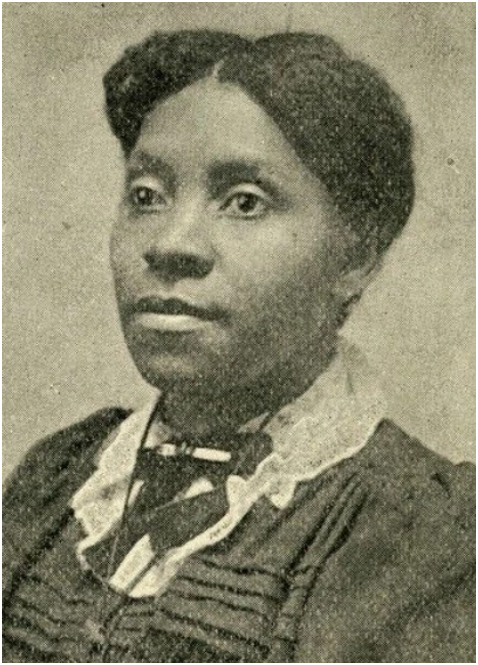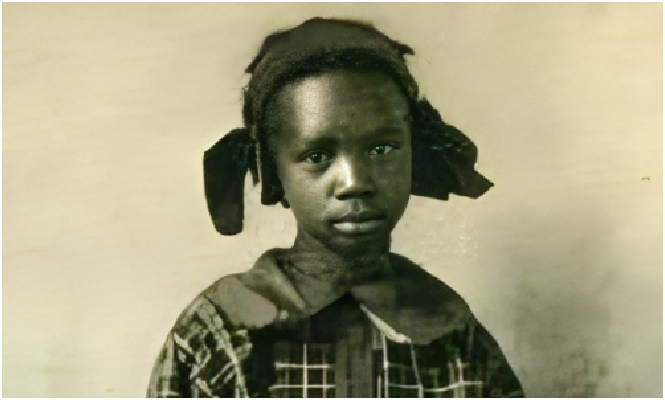Sarah Rector, a Black girl of Muscogee Creek descent, became one of the wealthiest Black children in the United States after oil was discovered on her land in 1913.
However, her wealth also subjected her to legal guardianship restrictions, racial reclassification, and scrutiny from civil rights organizations.
Born in 1902 in Indian Territory (now Oklahoma), Rector was among the Black Freedmen allotted land under an 1866 treaty between the U.S. government and the Muscogee Creek Nation.

Like many Freedmen, she received a parcel considered unsuitable for agriculture. In 1911, her father leased the land to Standard Oil Company to cover property taxes. Two years later, a well drilled on her land produced 2,500 barrels of oil per day, generating over $300 daily—equivalent to more than $7,000 today.
Oklahoma law at the time required wealthy Native Americans and Freedmen to be placed under white guardianship. Rector’s parents appointed T.J. Porter, a longtime associate, as her legal guardian.
The appointment led to concerns about financial mismanagement, prompting an investigation by the NAACP and civil rights leader W.E.B. Du Bois. James C. Waters, Jr., an attorney affiliated with the NAACP, questioned whether Rector’s wealth was being safeguarded, stating in a 1914 letter to Du Bois:
“Is it not possible to have her cared for in a decent manner and by people of her own race, instead of by a member of a race which would deny her and her kind the treatment accorded a good yard dog?”
The inquiry ultimately found no wrongdoing.

In a legal maneuver designed to preserve her assets and social status, Rector was officially reclassified as white, a rare occurrence for Black individuals under Jim Crow laws.
Despite the racial barriers of the era, she retained control over her wealth, later purchasing luxury properties and entertaining notable figures like Duke Ellington and Count Basie.
Rector’s case highlights the intersection of race, wealth, and legal guardianship laws that disproportionately restricted Black and Indigenous landowners.
She passed away in 1967 at age 65, leaving behind a complex legacy shaped by legal and racial structures of the early 20th century.

